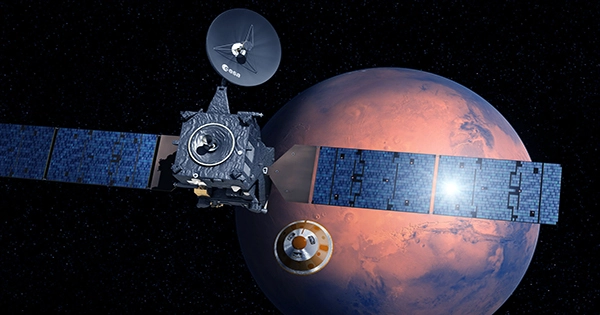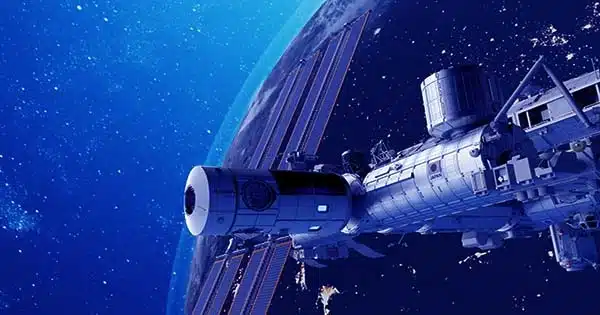In an effort to make spaceflight more sustainable, NASA and the Japan Aerospace Exploration Agency (JAXA) aim to send the world’s first wooden satellite into space.
According to the space agencies, LignoSat, a coffee mug-sized satellite constructed of magnolia wood, will be launched into Earth’s orbit by summer 2024.
Wood does not burn or decay in space, but it does incinerate into fine ash upon reentry into Earth’s atmosphere, making it a surprisingly valuable, biodegradable material for future satellites. The scientists believe the test satellite is ready for launch after successfully evaluating its wood samples aboard the International Space Station (ISS) earlier this year.

“Three wood specimens were tested and showed no deformation after space exposure,” the researchers stated in a May statement. “Despite the extreme environment of outer space involving significant temperature changes and exposure to intense cosmic rays and dangerous solar particles for ten months, tests confirmed no decomposition or deformations, such as cracking, warping, peeling, or surface damage.”
To choose which wood to utilize, the scientists sent three wood samples — magnolia, cherry, and birch — to the ISS to be stored in a space-exposed module. The researchers chose magnolia because it is less likely to split or break throughout the manufacturing process.
Currently, more than 9,300 tons (8,440 metric tons) of space debris orbit Earth, including space trash such as inoperative satellites and parts of abandoned rocket stages. However, the gleaming metals from which they are manufactured, such as lightweight titanium and aluminum, boost the overall brightness of the night sky by more than 10% across wide regions of the world, resulting in ambient light pollution that makes distant space events difficult to spot.
Metal spacecraft are also expensive and represent a threat to the ISS, other spacecraft carrying passengers, and – if large enough to survive reentry – people on Earth. According to the experts, wooden satellites such as LignoSat should be less damaging as space trash.














